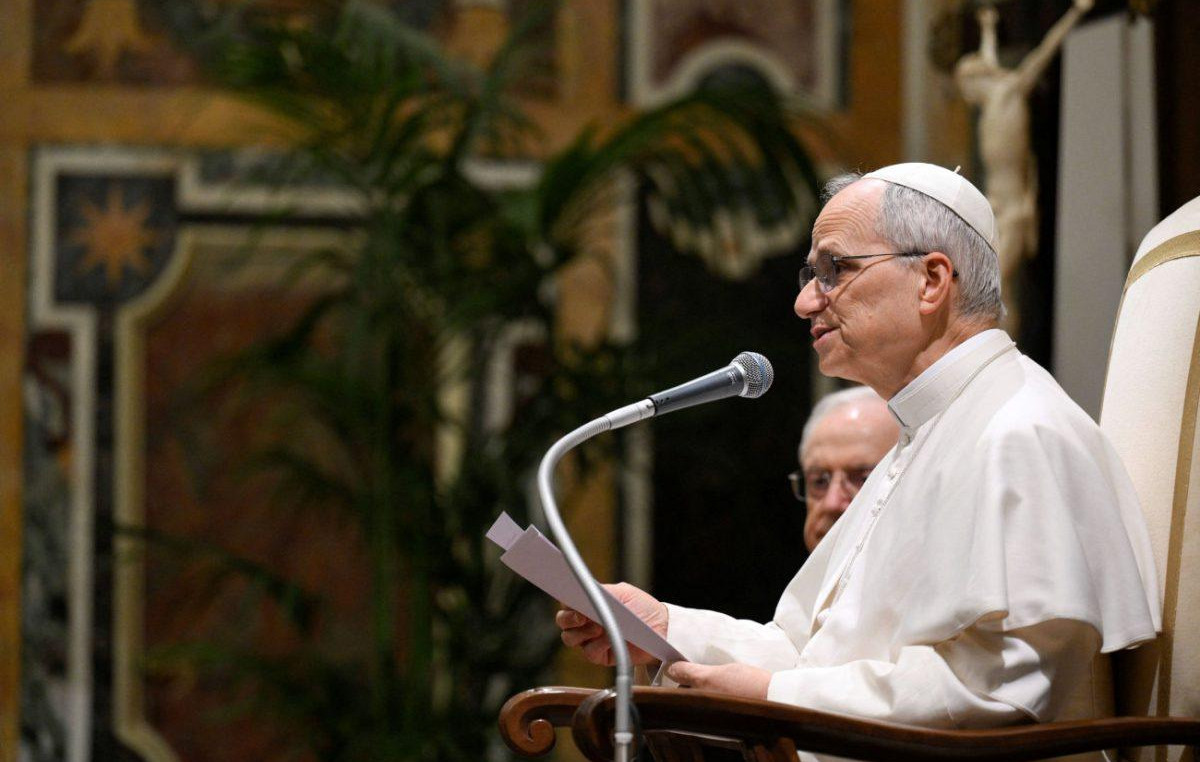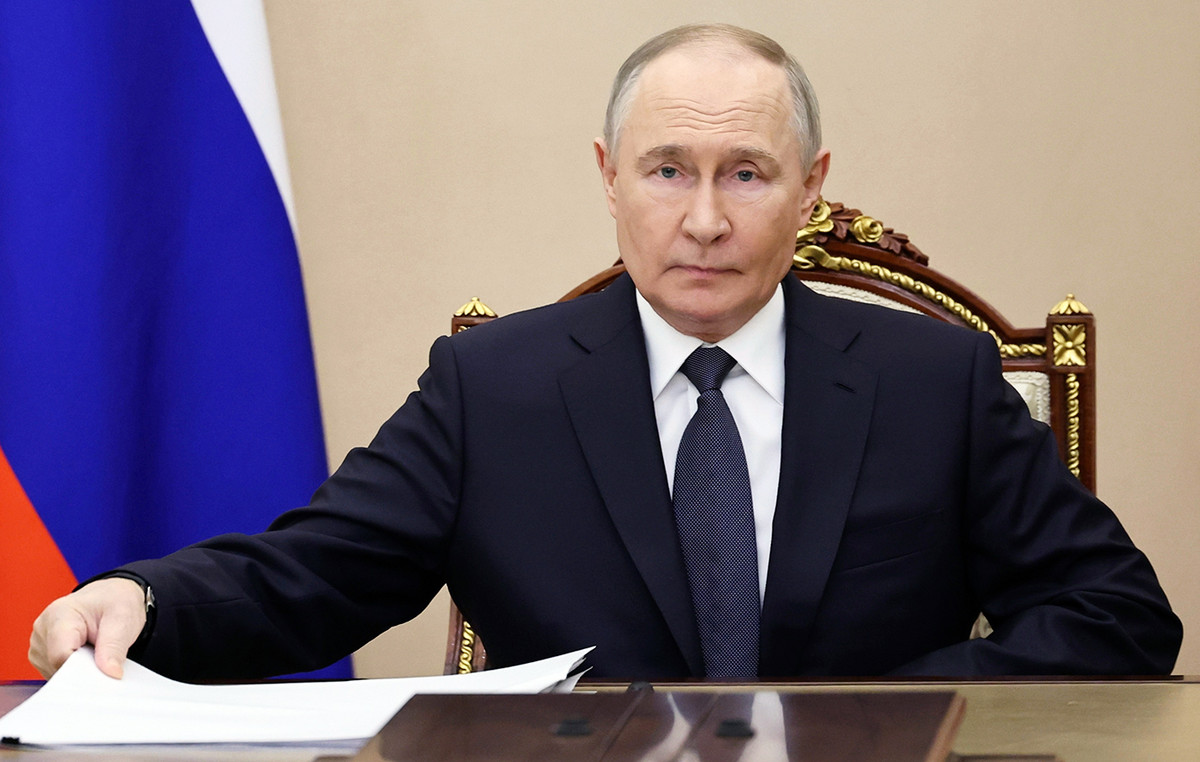The federal government currently has 23 ministries. Former President Michel Temer (MDB) ended the government at the end of 2018, with 29 portfolios.
THE CNN asked the pre-candidates for the Presidency of the Republic if they are thinking of maintaining, expanding or reducing the current structure of the Esplanada dos Ministérios.
Check out the answers below:
Luiz Inácio Lula da Silva (PT):
Former President Lula’s government plan is being prepared by listening to the alliance’s political parties. It will also hear from Brazilian society, and after that it will be presented to the TSE within the stipulated time.
Jair Bolsonaro (PL):
The president did not respond at the time of publication, but said this week that he intends to recreate three ministries: Public Security, Fisheries and Industry and Commerce.
Ciro Gomes (PDT):
The pre-candidate has not responded at the time of publication.
André Janones (Avant):
The pre-candidate has not responded at the time of publication.
Pablo Marcal (Pros):
The pre-candidate has not responded at the time of publication.
Simone Tebet (MDB):
The pre-candidate did not respond at the time of publication.
Felipe d’Avila (New):
The pre-candidate has not responded at the time of publication.
Jose Maria Eymael (DC):
The pre-candidate has not responded at the time of publication.
Leonardo Pericles (UP):
The pre-candidate has not responded at the time of publication.
Luciano Bivar (Union Brazil):
When talking about ministries, the most important thing is to focus on efficiency. One thing is certain: we are going to create a Ministry of Planning, in order to have a more efficient allocation of resources.
The agglutination of existing portfolios or even the transformation into secretariats to reduce bureaucracy will also be contemplated.
Sofia Manzano (PCB):
The current model of government formation exists to meet solely and exclusively the interests of political groups that are in power. The size of the government or its ministries is decided or advertised to meet the interests of electoral alliances, political support not based on projects but on the game of interests of crusaders from sectors that are basically concerned with the transfer of resources and with the rigging of the State.
The hypocrisy of these sectors is such that the same ones who attack public servants threatening an administrative reform under the justification of reducing the cost of the state, equip them with positions of appointment to serve local, regional or agreement interests. Agreements that are framed in the interests of the ruling classes and the same old elites that have always divided the state for their own interests.
From our perspective, the discussion about the size of the State and its ministries must meet the real demand of the population as a whole, and not a piece of propaganda or the interests of the old elites and their greed to rob the public fund. We are going to reconfigure the State to fundamentally serve the interests of workers and the Brazilian population as a whole. And this is configured in a framework of having as many ministries as necessary for our political program. A ministry not divided between interests and agreements foreign to our program, but composed of political cadres committed to our country program and project. We want ministries at the service of working people that reflect a new type of power and control over the state, that guarantee popular power over the decisions and execution of government policies and collaborate with the transformation of the state into something that working people can become. identify.
Vera Lucia (PSTU):
In Brazil, ministerial positions become bargaining power, a bargaining chip for support and coalitions. The ministries are divided by political forces and the ministers, the vast majority, have no direct relationship in their professional life with the portfolio they occupy. What should have been spaces for thinking, elaborating and applying public policies have turned into high state bureaucracy, entrenched, distant from the people. It was like that in previous governments and continues to be like that in the Bolsonaro government, which has several former ministers denounced and investigated for corruption, like Milton Ribeiro, former minister of Education, accused of creating a parallel structure in the MEC controlled by evangelical lobbyists, who sold advantages to obtain funds from the Education Development Fund (FNDE).
We are in favor of another model of State, controlled by workers and poor people, therefore, we defend as immediate measures: reduce the number of ministries, prioritizing health, education and housing; putting an end to the policy of distributing ministries through political agreements and bargains; put an end to high salaries and positions of trust, keeping employees in public service.
Photos – The pre-candidates for the presidency
Source: CNN Brasil







